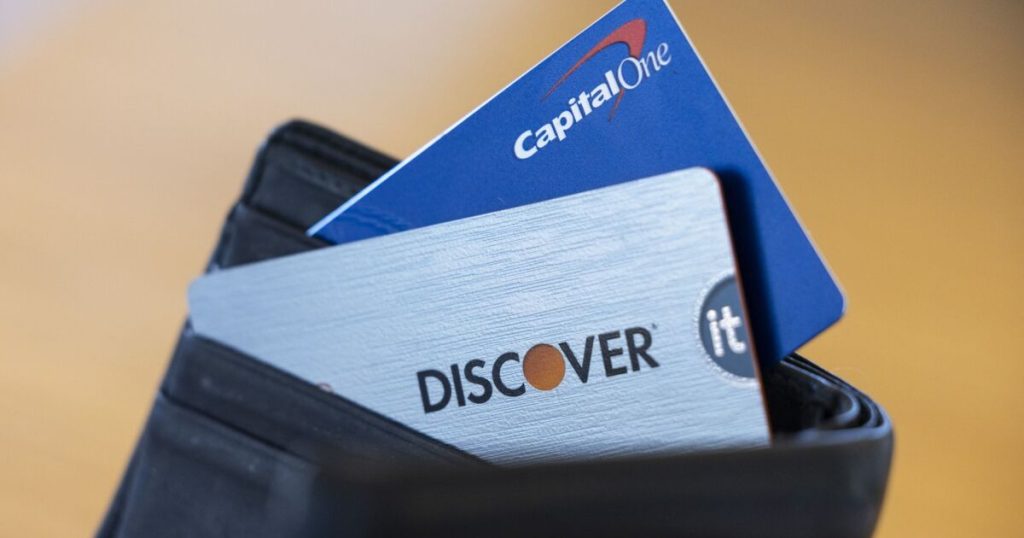Capital One Financial Corp.’s proposed $35 billion acquisition of Discover Financial Services is being investigated by New York Attorney General Letitia James, who said the deal would have “significant impact” on consumers in the state.
James on Wednesday asked a state court for permission to issue subpoenas to Capital One as part of an ongoing antitrust probe by the state, which hasn’t been previously reported. She said New York would be particularly impacted by the deal because Capital One and Discover have more than $16 billion in combined credit card loans in the state.
“Together, they would be the largest credit card issuer, with $250 billion in combined outstanding credit card loans,” James said in a court
The US Justice Department has already been reviewing the proposed deal. James said she asked both Capital One and Discover in May to voluntarily waive federal confidentiality protections to allow the Justice Department and her office to share documents and information. While Discover agreed to a waiver, Capital One did not, she said.
Capital One shares were down 1% at mid-afternoon Wednesday, while Discover fell 1.1%.
According to Wednesday’s filing, Capital One said it can’t voluntarily cooperate with the New York investigation under federal banking regulations. But the state said those regulations don’t bar a court order allowing subpoenas to be served on Capital One.
Capital One said in a statement that it was confident the merger would ultimately win regulatory approval and prove beneficial to consumers. “We will, of course, be responding to the NY AG’s action through appropriate legal channels,” a spokesperson said.
Discover declined to comment.
The proposed merger was the biggest in the world when it was announced in February. At the time, Capital One Chief Executive Officer Richard Fairbank said it was a “singular opportunity” to bring together two companies that can compete with the largest payment networks.
The attorney general noted that the combined company would be especially dominant among subprime consumers, with a 30% market share, double its closest competitor, making the effects of the deal “particularly felt by the often vulnerable New Yorkers.”
Concern about the deal was expressed earlier in the year by Democrats in the US Senate. Ohio’s Sherrod Brown, chair of the Senate Banking Committee, took a dim view of the deal’s size, and Elizabeth Warren of Massachusetts expressed outright opposition.
